The Future of Business: Innovation, Technology, and Human-Centered Growth
What will the future of business look like in a world driven by:
- Rapid technological shifts
- Global challenges
- Evolving human values
Due to the rapid technological shift, the future of business is the most important topic of today. In the near future, the world, especially the business world, is evolving and reshaping business trends. This transformation is creating both new opportunities and challenges.
Businesses are no longer just about profit; they are about:
- Purpose
- Adaptability
- Creating value for society
The Future of Business: Key Transformations

1️⃣ Digital Transformation & Artificial Intelligence
To drive innovation and efficiency, businesses are leveraging:
- Artificial Intelligence
- Automation
- Data analytics
AEO Customer Service: Enhancing Efficiency and Building Trust
The future lies in:
- Augmenting human capabilities
AI enhances human decision-making and creativity.
- Collaborative problem-solving
Humans and AI work together to tackle complex challenges.
- Unlocking new possibilities
Combining human intuition with AI’s analytical power.
This synergy can lead to breakthroughs in various fields, including business, healthcare, and beyond.
Businesses are embracing AI, automation, and data analytics at an unprecedented pace. Predictive algorithms now guide:
- Supply chains
- Marketing strategies
- Customer experiences
The future of business is not about machines. It is about how humans and AI collaborate to:
- Unlock creativity
- Solve complex challenges
2️⃣ Sustainability as a Business Imperative
With sustainability, businesses can:
- Create long-term value
- Drive innovation
- Contribute to a more equitable and environmentally conscious future.
In the future, companies will prioritize both profitability and sustainability,
They will well recognize in their business the importance of:
- Green practices
Reduce environmental impact and costs.
- Circular economies
Foster resource efficiency and innovation.
- Renewable energy
Ensure long-term viability and competitiveness.
Adoption of the above will no longer be optional but mandatory for the businesses.
By integrating these into their core, businesses can thrive in global markets.
3️⃣ Remote Work & The Global Workforce
The shift to hybrid and remote work models has been a game-changer for businesses worldwide.
The pandemic accelerated a shift to hybrid and remote work models.
In the future, businesses will access talent without borders.
For example, a company in New York could easily have employees in Nairobi, freelancers in Lahore, and clients in Berlin, vice versa.
Here are some key statistics that highlight the future of remote work:
| Category | Key Insights |
| Work Models (Global) | -50% Hybrid · 30% Fully Remote · 20% Onsite Only |
| US Workforce | 22% (≈32–36M people) Work remotely in 2025 vs. 4.1% in 2019 |
| Remote Job Postings (US) | – 40% allow some remote work · 15% fully remote (3× more than 2020) |
| Productivity Gains | Remote workers +13–47% productivity · $3,900–$13,800 added annual value/worker |
| Future Projections (2027–2032) | Hybrid roles: 35–40% · Fully remote: 14–16% · Digital nomads: 35M (by 2028) · Remote software market: $31.7B → $97.5B (by 2032) |
| Global Remote Work Trend shaping the future of work. 50% hybrid, 30% remote, 20% onsite, with rising: * Productivity listings * Digital nomad growth | |
4️⃣ Human-Centered Innovation
Businesses are moving toward designing solutions that truly enhance human life.
This approach prioritizes:
- Empathy
Understanding and addressing human needs.
- Innovation
Developing solutions that enhance lives.
- Inclusivity
Ensuring accessibility and benefits for all.
Examples include:
- Health tech
Improving healthcare outcomes.
- Ethical finance
Promoting responsible financial practices.
- Inclusive design
Creating accessible products and services.
The future belongs to companies that foster:
- Innovation
- Empathy
By incorporating innovation with empathy, businesses can:
- Create positive impact
- Drive long-term success
SubscribeSign In
When to Innovate and When to Imitate
5️⃣ Blockchain, Decentralization & Web3
The rise of blockchain and decentralized finance (DeFi) will reshape:
- Ownership
- Transparency
- Trust in business
Redefining Decentralization with Chainiste
Here is how?
1. Key Components of DeFi
- Smart Contracts
Self-executing contracts with terms written directly into code:
- Eliminating intermediaries.
- Ensuring transparency and security.
- Token Economies
Digital tokens represent assets or rights enabling:
- Decentralized trading
- Financial transactions
- Digital Identities
Secure and transparent identity verification methods, such as:
- Decentralized oracles facilitate trust in DeFi transactions.
2. Impact on Business
- Increased Transparency
Public blockchains record transactions:
- Making them visible to all parties involved.
- Reducing the risk of fraud.
- Improved Security
Advanced cryptography secures transactions, protecting against:
- Hacking
- data breaches
- Decentralized Decision-Making
Governance models like DAOs (Decentralized Autonomous Organizations),
- Enable community-driven decision-making.
- New Financial Opportunities
DeFi platforms offer:
- Lending
- Borrowing
- Yield farming opportunities,
Democratizing access to financial services.
3. Benefits of DeFi
- Autonomy and Efficiency
Smart contracts:
- Streamlining processes
- Reducing costs
- Increasing efficiency
- Trustless Transactions
Technologies like Hashed Timelock Contracts (HTLCs):
- Enabling secure, trustless transactions without intermediaries.
- Interoperability
Cross-chain bridges:
- Facilitate asset transfers between blockchains.
- fostering a more interconnected DeFi space.
Opportunities and Challenges in the Future of Business
| Opportunities | Challenges |
| New digital business models (e.g., subscription economies, AI-as-a-service) | Cybersecurity threats in an interconnected world |
| Expansion into: Metaverse commerce Immersive digital experiences | Balancing automation with job creation |
| Demand for inclusive and ethical leadership | Adapting to cultural shifts in customer expectations |
| Expansion into: Metaverse commerce, Immersive digital experiences | Managing climate change regulations and environmental responsibilities |
Future of Business: Conclusion and CTA
The future of business will be defined by:
- Adaptability
- Sustainability
- Human-centered innovation
Companies will lead the next era of growth that can:
- Balance technology with empathy
- Profit with purpose
- Global reach with local sensitivity.
Ready to shape the future of business. Start today.
Research Methodology for this Blog
- Primary Research
- Industry expert insights
- Surveys on future work trends
- Case studies from innovative businesses.
- Secondary Research
- Reports from McKinsey, Deloitte, and the World Economic Forum (WEF).
- Trend Analysis
- Observing the adoption of AISustainability policies
- Remote work platforms







